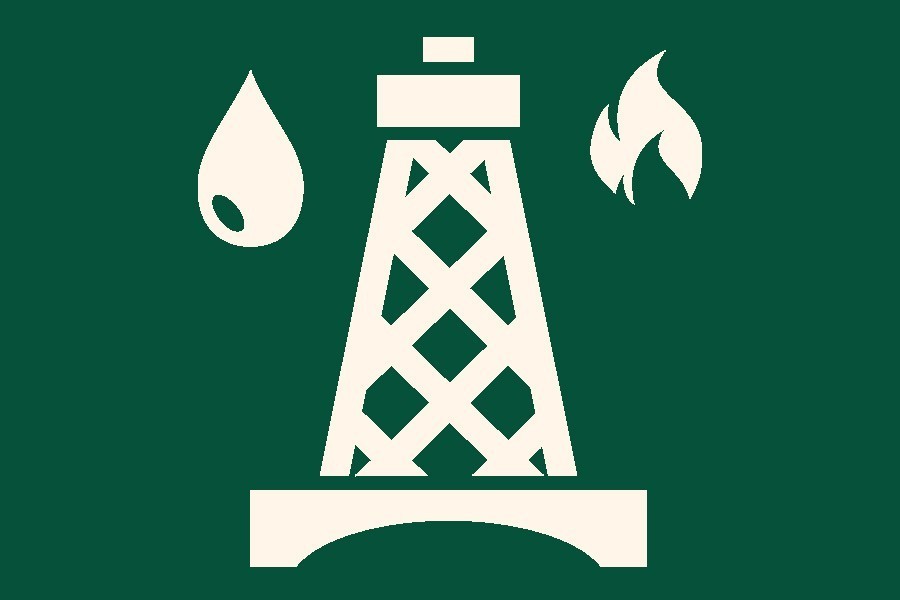The proposal reportedly submitted by the state gas distribution companies to raise prices of natural gas by more than twofold is enough to be a cause for serious concern for the consumers, who are already hit hard by soaring prices of most essential items.
The inflationary pressure on the country's economy has been building up in the past few months. So has been the Consumer Price Index (CPI).
The Bangladesh Bureau of Statistics estimated the point-to-point inflation at 6.05 per cent for December last. The same was 5.29 per cent six months back. However, most official data are taken with a grain of salt and the inflation data have not been any exception.
The rise in inflation, as depicted in the BBS data, is not commensurate with the experience the consumers are having while purchasing their daily essentials. The market temperature is far more intense than what the inflation data say. It is like summer days in this part of the world when there appears to be a mismatch between the heat the people feel and the temperature recorded by the met office.
Some men in authority, however, seem quite complacent that the country is immune to inflationary pressure, though many developed countries are at the moment hugely troubled by it. They also find the rise in CPI 'tolerable' although the consumers are having a very tough time in getting both ends met. The price escalation could not come at a worse time. The pandemic has hit the poor as well as low and middle-income families hard, financially. Many are yet to get back employment or recoup the losses they had suffered during the peak Covid days.
Some items, mostly imported ones, have become pricier for genuine reasons. Their prices have recorded a rise in the international market and this development has also influenced the local market. One may, however, raise questions about the proportion of the increase in prices.
But the prices of a few items, including rice, have been rising unabatedly despite their abundant production and supply. Here, the government has failed to contain their prices, for reasons best known to it.
The latest 27 per cent hike in prices of petroleum products barring octane has added fuel to soaring prices of essentials. Consequently, the cost of transportation and agricultural production has gone up.
As the market is yet to overcome the jolt it has received from the latest diesel and kerosene price hike, the state-owned gas distribution companies have reportedly submitted proposals for more than a twofold increase in natural gas prices. They have proposed fixing tariff for double burner stoves at Tk 2100 from the existing Tk 975 and per cubic metre at Tk 20.36 from the current price of Tk 9.36. The prices of LNG that the state-run Petrobangla imports have recorded an abnormal rise in recent months in the international market. Import of LNG is necessary as the local production of gas is not enough to meet the domestic demand.
If the government decides to raise the gas price even partially, it would come as a big blow to consumers of all types. The Federation of Bangladesh Chambers and Commerce and Industry (FBCCI) has taken exception to the proposals, saying that any hike in gas prices at the moment would erode the competitiveness of domestic industries.
But what is about poor consumers? They do not have any organised platform like that of the industrialists and others in businesses. The consumers' rights organisations are not very strong to pursue their cases. A twofold or even less increase in gas tariff would hit the poor consumers below the belt. The authorities need to realise it before they make any move.


